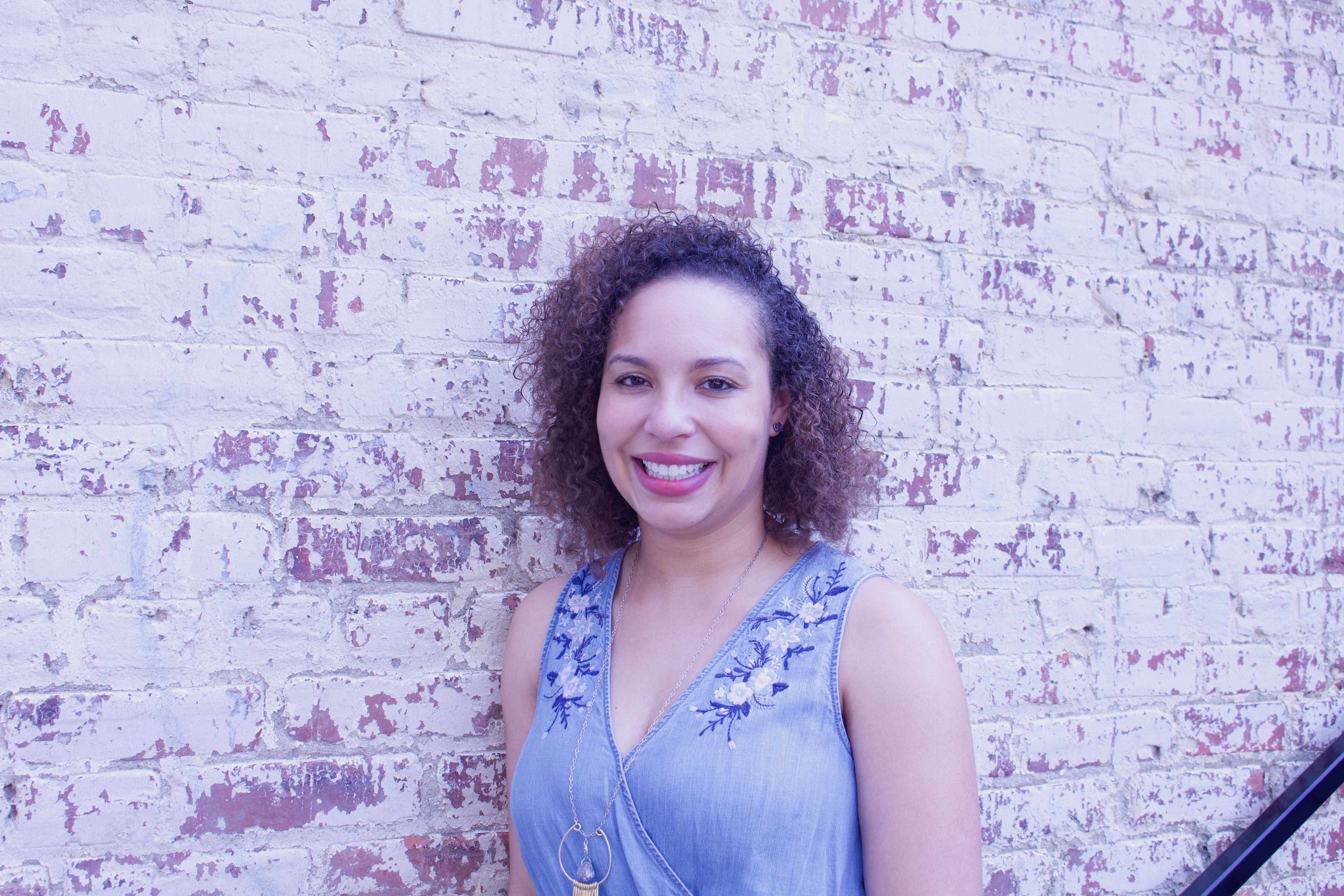
Latina dietitian works to make health accessible for communities of color in Philly
Through her private practice, Nutritiously Yours, Dalina Soto is leading the way in making nutrition and wellness more inclusive and culturally relevant.
Dalina Soto, a Dominican-American born in New York and raised in Philly, is intent on using her platform to make the world of wellness more inclusive.
While on the pre-med track as a student at Penn State, Soto changed her major when she took a nutrition 101 class for a gym requirement and “fell in love with it.”
Now, Soto is a registered dietitian who provides individualized medical nutrition therapy through her private practice, Nutritiously Yours, currently based in Fishtown.
Wellness coach, health coach, nutritionist - all are words that are “thrown around a lot,” said Soto, but “are not entities that are being monitored or names that are being held accountable.” Only registered dietitians like Soto can legally provide medical nutrition therapy.
The process to become a registered dietitian is strenuous. As medical providers, dietitians get a bachelor’s degree in nutritional sciences, do a residency, sit for a boards exam, and are required to continue their education as they practice.
Soto pointed out that consultations with a registered dietitian are covered by all medical insurance providers in Philadelphia as an essential aspect of preventative care. Through her own practice, she accepts any patients seeking care through their insurance providers.
Soto is one of very few non-white registered dietitians in the U.S.: 91 % of registered dietitians nationally are Caucasian, while the remaining 9 % is made up of all other races and ethnicities, including Black, Hispanic, Asian, and others.
RELATED CONTENT
“The lack of diversity in all of the medical professions causes that barrier because you don’t feel comfortable talking to someone that’s not going to understand you. And so the minute that someone just tells you, ‘Oh don’t eat white rice,’ well, you put a barrier right there and then,” said Soto.

The best way to address the disparity is to bring more people of color into the profession - the goal of a group which Soto belongs to, called Diversify Dietetics, established over a year ago.
Also key is engaging in outreach efforts to ensure that communities of color know that medical nutrition therapy is available to them, said Soto, who noted that about half of her 15-20 clients are Hispanic, and most identify as people of color.
“Being able to work in Philadelphia with people who identify as Hispanic and being able to speak to them in their language [means] I’m able to make a big difference because they’re able to connect with me and say, ‘Oh, well she eats the same foods I eat, so she understands,’” she noted.
As a Dominican-American, Soto said she eats rice and beans every day, and grew up with plátanos and yuca. Often, creating a healthier lifestyle does not mean that people need to cut out foods that they are used to eating, but instead work on “incorporating them in a healthier lifestyle.”
Soto said she would like to expand her impact in the future by hiring another bilingual (Spanish-speaking) dietitian, while continuing to educate the Hispanic community and communities of color about strategies for achieving a healthy, sustainable lifestyle.











LEAVE A COMMENT:
Join the discussion! Leave a comment.